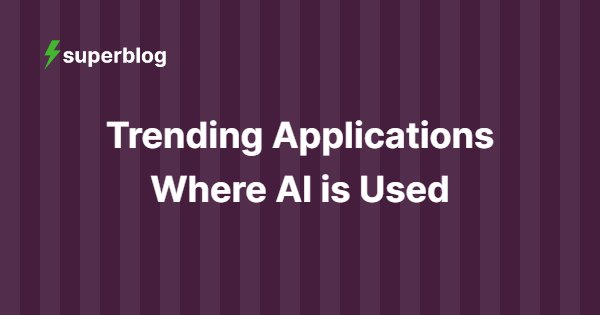The landscape of online search is evolving, and the introduction of ChatGPT’s AI search engine marks a significant milestone in this transformation. OpenAI recently announced that its AI-powered search engine, initially available only to paid users, is now rolling out to the free tier. This change opens the doors for a wider audience to experience the enhanced capabilities of this advanced tool. In this blog post, we will explore the functionality of ChatGPT’s AI search engine, its recent updates, and the implications these advancements have for the future of information retrieval.
The Evolution of ChatGPT’s AI Search Engine
- Initial Launch and Subscription Model
- The AI search engine was first introduced to paid subscribers in October 2024, showcasing remarkable capabilities that set it apart from traditional search engines. Users could leverage ChatGPT to perform complex queries and obtain detailed contextual responses.
- This feature quickly gained traction among users who appreciated the conversational nature of the AI’s responses, offering a refreshing alternative to standard search engines.
- Current Accessibility
- As of now, OpenAI has expanded access to everyone who creates a ChatGPT account, democratizing its powerful AI capabilities. This transition emphasizes OpenAI’s commitment to making AI technology more accessible to a broader audience.
Key Features of ChatGPT’s AI Search Engine
A. Enhanced Mobile Functionality
With the latest updates, ChatGPT has optimized its mobile experience to mirror traditional search engines more closely. This change includes:
- Visual Results: When users search for locations, such as restaurants or attractions, ChatGPT displays a list with images, ratings, and hours of operation. This feature enhances user engagement and aids in quick decision-making.
- Integrated Maps: Users can view maps and get directions directly within the app, streamlining the process of discovering new places.
B. Advanced Search Options
The AI search engine now includes advanced features designed to deliver timely and relevant information quickly:
- Quick Links to Websites: When searching for specific website types, such as hotel booking platforms, ChatGPT can provide direct links first, followed by detailed information. This design optimizes the user experience by reducing search time.
- Voice Search Capabilities: For those who prefer hands-free searching, the advanced voice mode allows users to obtain real-time information from the web. This feature is currently reserved for paid users.
Implications of AI-Powered Search
In an age where information is abundant yet fragmented, the introduction of AI search engines like ChatGPT can significantly reshape user interaction with digital content. Here are some implications:
1. Revolutionizing Information Retrieval
- With an AI-driven approach, users can find more relevant content tailored to their queries. The ability to integrate contextual understanding with real-time data fetches transforms how we access information.
2. Combating Misinformation
- Traditional search engines often amplify misinformation through exact-match queries. ChatGPT’s conversational AI aims to filter information more effectively, providing users with a nuanced understanding of topics and reducing the risk of misinformation.
3. User Engagement and Experience
- The engaging interface and intuitive design of ChatGPT’s search functionalities promise a more immersive experience. Features like visual results and integrated maps will likely lead to greater user satisfaction and loyalty.
The Road Ahead: Future Prospects
As of December 2024, OpenAI continues to innovate, pushing the boundaries of what AI can achieve in the realm of search engines. Speculation around future developments includes:
- Enhanced Personalization: The potential for ChatGPT to learn from user preferences could lead to increasingly personalized search results, catering to individual needs and trends.
- Community Input: An evolving search engine could incorporate community suggestions and feedback, allowing for a more participative approach in refining user experience.
- Integration with Other Applications: Future versions may allow seamless integration with various applications and services, making it a central hub for information retrieval across different spheres of online interaction.
Conclusion
The rollout of OpenAI’s ChatGPT AI search engine to free users signifies a remarkable step toward democratizing access to advanced technology. As users around the world begin to explore these novel features, we are poised to witness a shift in our search habits and expectations. With AI enhancing our ability to find information efficiently and effectively, the future of online search holds exciting possibilities.

